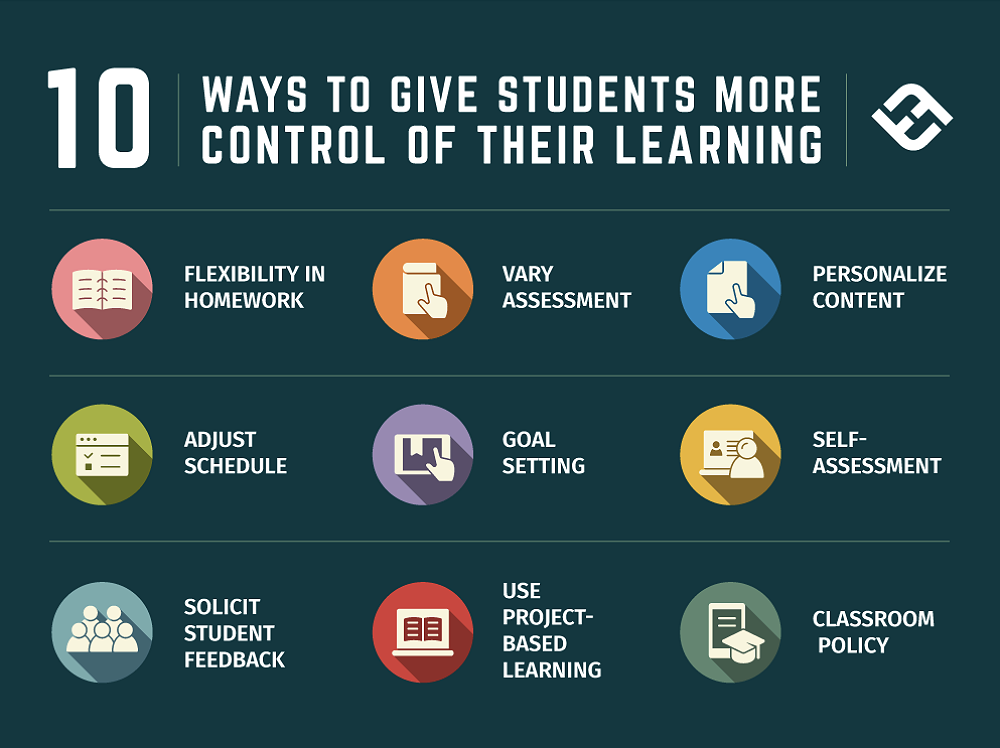
Positive Education
Goal Setting & Student Agency
How our school functions is usually a reflection of how our society functions. Education is the last piece of social infrastructure to be put into place to create our modern society. The modern public school system is just over 130 years old, borrowing from the factory monitorial system of education established by industrialists to train workers for their factories. There is still evidence of this system in modern schools today such as separate subjects, batch learning, timetables and bells. However the essential element that still exists today is the system of teacher-led learning.
In the 19th century, factory workers came from rural areas. As farmers, they had autonomy over how they went about their day, how they ordered their activities and managed their time. This was the lifestyle created by working the land. Factories fundamentally changed this aspect of society, as it was necessary to create compliant workers who could follow instructions in order for the factory to be productive. In order to do this, the factory school had a trainer or instructor who was responsible for training the workers. The workers had no say in what was being instructed or how the day was ordered.
The system of education was to create compliant workers, and was very successful, instilling a system that was necessary to the development of industrialisation. Schools have developed in this time in response to the needs of society, maintaining the teacher-student relationship to best serve society. However, the idea of students having more say in what they learn continues to develop as we head into the third decade of the 21st century. This is seen in educational initiatives such as inquiry-based, project-focused learning initiatives.
Through this model there is greater engagement and participation by the students. They are more motivated and engaged because they have a choice. This is an essential step towards student agency. Their ability to create choices and make decisions regarding their learning, independent of the teacher, is an empowerment process. This is a significant and necessary step for education. If schools are a reflection of society, it is also true that schools shape and influence society.
We are no longer a society requiring factory workers to compliantly operate machinery, the skills of our society require creativity, innovation, resourcefulness and problem solving. The learning should prepare students to solve problems. There is one area of the curriculum that does exactly this: Technology. Technology is knowledge of processes to solve problems. This area of the curriculum requires student agency. Students are required to identify a need, opportunity or problem, and embark on a learning journey to solve the problem. This requires choice creation, decision making, problem solving, organisation and management of resources, collaboration and other higher order thinking skills in order to succeed.
One of the key drivers of success for student agency is goal setting. The act of setting goals provides a framework for success. SMARTER goals ensure that students are Specific in what their goals are, the goals are Measurable, Achievable, Relevant and Time-bound. These steps ensure that the student has a clear understanding of what they are working towards, and they also realise that they are time bound, that there is a sense of momentum that carries their work forward. Goal setting also releases happy chemicals into their brain as they complete a task. Dopamine is a neurotransmitter that rewards the brain when a task is completed. There are many benefits to enable student agency in a learning environment, but there are risks as well.
Students have to be able to manage their time effectively, and without the teacher-directing the tasks for them, time and productivity tend to slide as they do not have the skills required to self manage over extended periods of time. Students lack motivation or engagement due to their own lack of self awareness or interests. This is due to the lack of an authentic context that the learning provides. Students struggle to see the relevance.
Student agency requires a meaningful context by which the student can engage, goal setting to clarify the actions that the student will undertake, and the technology process they will use to solve the problem. Considering it was the roots of industrialisation and entrepreneurs that created the precursor of modern education, to arrive at this point in education and subvert the power structure of learning in 130 years gives hope for our society. If we can transition education to support student agency, we will create a society of innovative, resilient, and motivated goal setting problem solvers.
So as we ponder the merits of student agency in our education system, the poster above gives 10 things we can do to move this idea forward.
